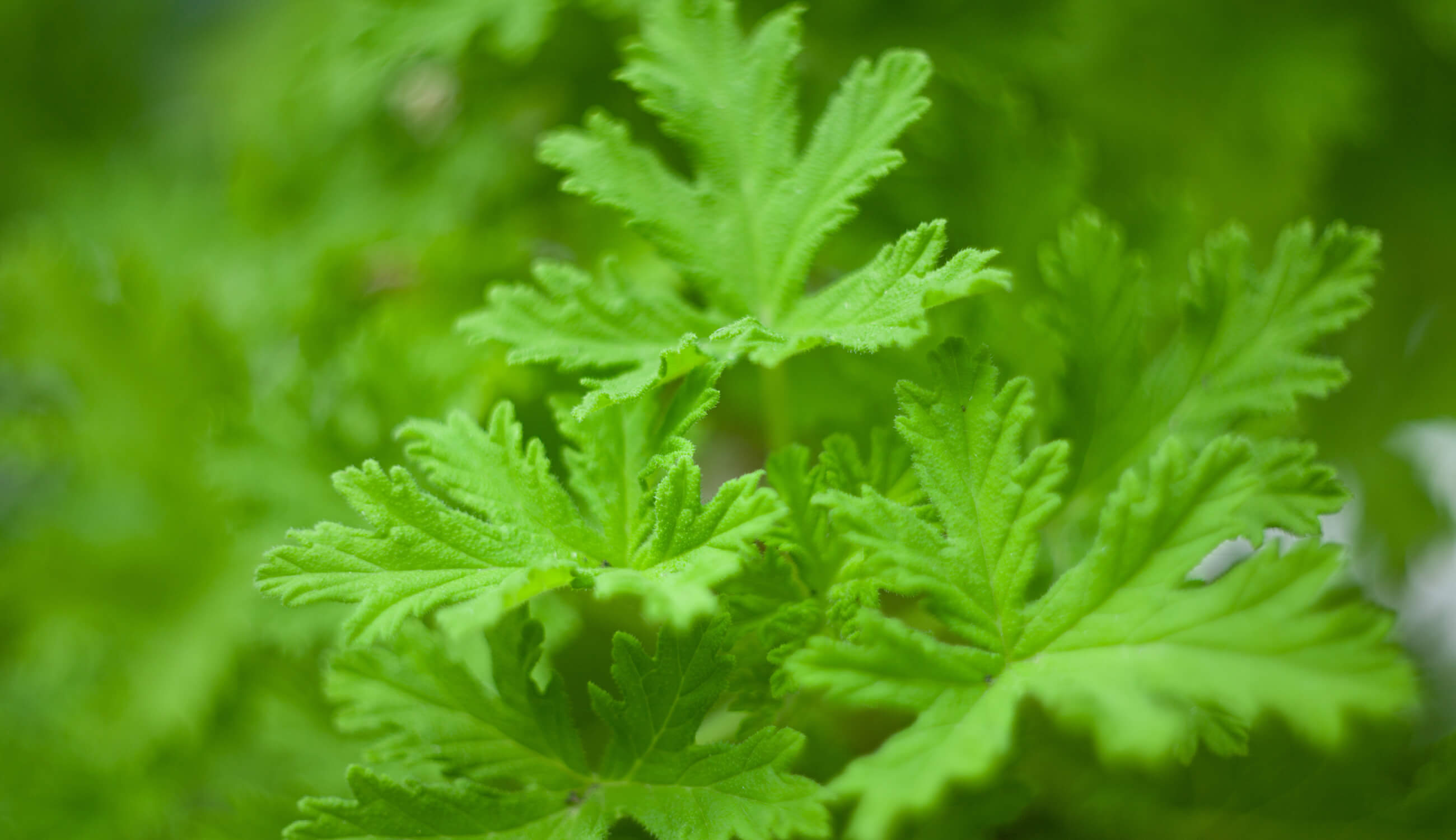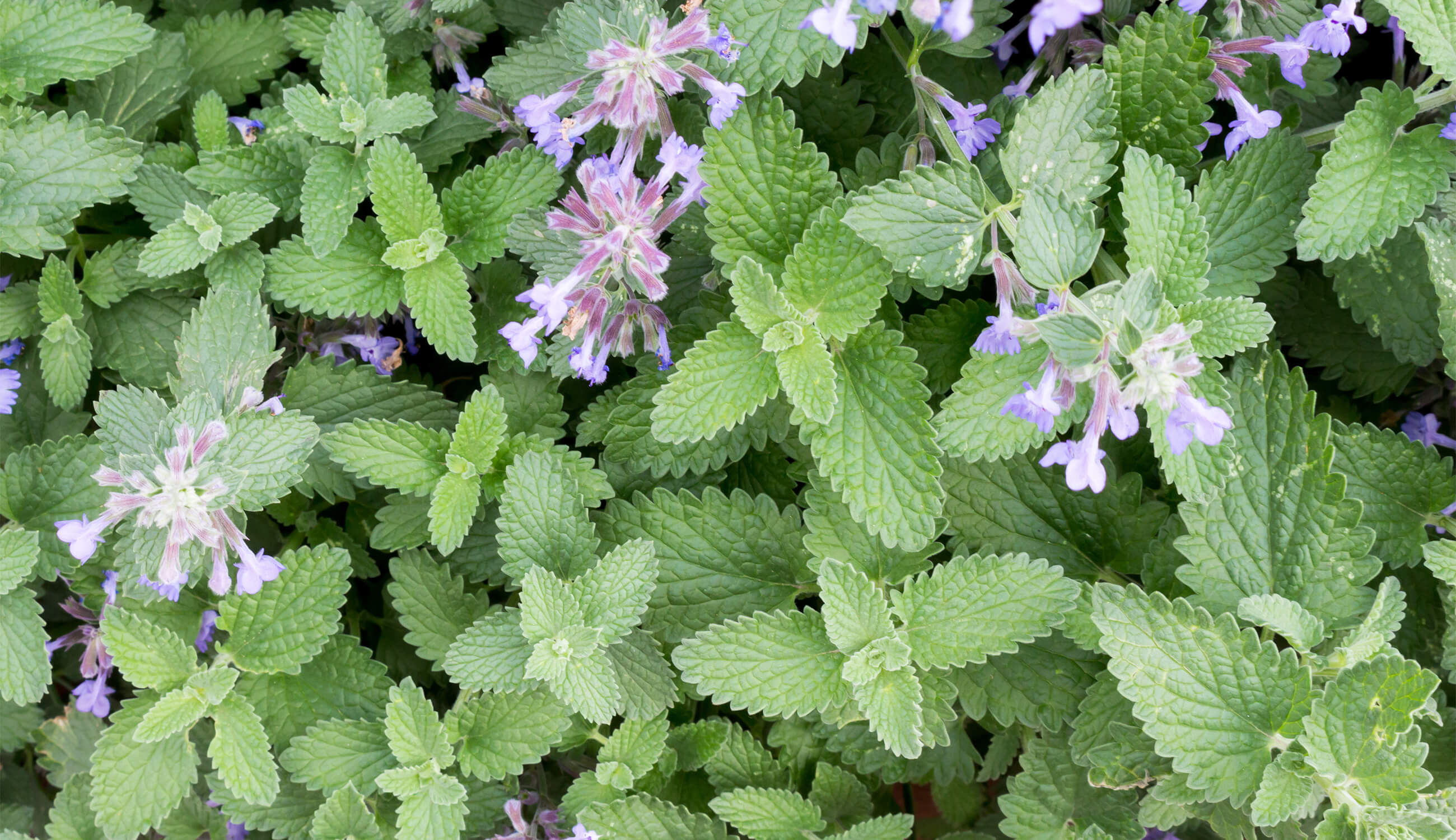Why to avoid this ingredient and opt for a deet-free bug spray instead

Summertime means sun, fun, and… bugs. Summer isn’t summer without a few mosquito bites – but they’ll irritate your skin to no end. These pesky bugs can also be carriers of disease, and will ruin your camping trip faster than you can say citronella.
Luckily for us, a bug spray can help immensely in the war against bug bites. But did you know an ingredient in most popular bug sprays can be harmful, too? Check your bug spray labels — chances are, they’ve got deet in the ingredients list! While the CDC has approved deet as a safe bug spray ingredient, there are still questions surrounding its effects on our health.
Get the deets on avoiding this bug spray ingredient and opting for a deet-free bug spray instead!
Deet is the most prevalent insect repellent ingredient on the market today. It is made synthetically with multiple chemical compounds, and works by preventing mosquitoes and other insects (like ticks) from biting or feeding on you.
The most common theory behind how deet works is that it blocks certain receptors in an insect’s “nose” when it lands on your skin. This makes a bug unable to sniff out human sweat and breath, greatly reducing your chances of an itchy, inflamed bite. Other research argues that the bad smell of deet plays a role in keeping flying insects away from you.
While deet might technically be safe, there are still certain factors to take into consideration before using it. We’ve outlined the major advantages and disadvantages of this bug spray ingredient below!
Pros:
Biodegradable
Deet actually breaks down fairly easily in the environment. When you spray deet into the air, the sun helps to break it down. When you wash it off your skin and clothes, “aerobic microorganisms” help degrade the deet in the water supply.
Long Lasting
When you apply a 10-30% concentration of deet to your skin or clothes, you’re protected for two hours or more (depending on the concentration). That means less reapplying throughout the day and less hassle. Higher concentrations are also useful for areas with a high mosquito population.
Effectiveness
Deet is the most effective bug spray ingredient on the market. Deet repels mosquitoes, ticks, and other bugs for a long amount of time in even the toughest conditions. It’s been around since the 1940s, and has been researched extensively – bottom line, deet has a proven track record of effectiveness.
Cons:
Smell
If you’ve ever used a commercial bug spray, you know deet’s scent can linger. If you’re using a hefty amount on your skin and clothes, then your nostrils might be overwhelmed by the smell. Not to mention, inhaling too much deet can lead to bug spray poisoning.
PRO TIP: Deet-free bug sprays made with essential oils tend to smell much better.
Not Great for Sensitive Skin
If you have eczema or dermatitis – or a compromised skin barrier – deet can worsen your symptoms. Skin that is prone to irritation will find that deet increases the risk of redness, rashes, and scaling. In this case, shop for a natural insect repellent that’s gentler on your skin.
Melts Certain Materials
Deet is quite powerful against bugs – and against certain materials. If you wear plastic or vinyl clothing and accessories, deet can slowly disintegrate them over time.
Can Bioaccumulate
If you reapply deet bug spray multiple times a day, your risk of irritation, neurotoxicity, and kidney/liver damage rises. Since the EPA knows this ingredient to be mildly toxic, it’s best to avoid oversaturation and absorption – which can happen when you apply too much deet for too long.

If you’re tired of deet’s heavy chemical scent or want to avoid all forms of irritation, time to start researching deet-free ingredients. You might be surprised to find that most of these natural alternatives include essential oils!
Lemon Eucalyptus Oil
A pleasant scent isn’t the only thing this essential oil provides. In a 2014 study comparing 32% lemon eucalyptus oil and 40% deet, lemon eucalyptus oil provided a 95% protection rate for up to 3 hours.
Citronella Oil
According to Healthline, when citronella is well formulated it can be just as effective as deet. In one 2011 review, authors noted that insect odor receptors which respond to deet also responded to citronella. One way to incorporate this essential oil is to use citronella incense or citronella candles – but beware of synthetic perfumes and fragrances.
Thyme Oil
While we love thyme for its culinary prowess, a 2005 study looked at several compounds in thyme oil and found that they had a similar duration and repellency to deet. Remember to dilute this oil before using it on your skin.
PRO TIP: If you’re nursing or pregnant, consult with your doctor or naturopath before using thyme oil. Check out our Pregnancy Guide to Essential Oils for more info!
Lemongrass Oil
Along with providing a mild citrusy scent, a 2011 study found that lemongrass oil was 74-95% effective for up to 2.5 hours against mosquitoes. In combination with more powerful essential oils, lemongrass can be a great addition to a DIY bug spray.

Catnip
According to researchers at Iowa State University, catnip is a powerful insect repellant that may be able to go toe to toe with deet. Nepetalactone, the main essential oil in catnip, was found to have a 49-59% repellency rate in a lab test.
All Terrain Herbal Armor
This bug spray contains a mix of 6 essential oils for repelling bugs: soybean oil, citronella oil, peppermint oil, cedar oil, lemongrass oil, and geranium oil. This easy-spray formula is also cruelty-free and GMO-free.
Badger Anti-Bug Shake & Spray
Great for kids, this certified organic bug spray employs a host of natural ingredients. Soybean oil, castor oil, citronella oil, cedar oil, lemongrass oil, rosemary oil, geranium oil, and peppermint oil give it potent plant-based power against bites. It comes in a sustainable aluminum spray bottle, and is both cruelty-free and gluten-free.
Alba Anti-Bug Spray
This biodegradable spray’s most active ingredients are castor oil, citronella oil, peppermint oil, rosemary oil, lemongrass oil, cedarwood oil, and geranium oil. It’s certified cruelty free, biodegradable, and contains no parabens or phthalates.
If you prefer to go the DIY route for a deet-free bug spray, you’ll need:
-
A spray container
-
2 TBSP witch hazel
-
2 TBSP jojoba oil (or your carrier oil of choice)
-
½ TSP vitamin E oil
-
50 drops spearmint oil**
-
50 drops lemon eucalyptus oil**
** Reference our list above for your ideal choice of essential oils!
1. Add witch hazel, jojoba oil, and vitamin E oil to your spray container.
2. Mix in your lemon eucalyptus and spearmint oils.
3. Shake thoroughly. You’re ready to use your deet-free bug spray!
If you’re going to an area where you’re at a high risk for contracting mosquito or tick-related diseases, sticking with deet might be your best bet. But for an insect repellent for family or for daily use, opt for a deet-free bug spray. Make it a part of your everyday summer routine!
- Tags: August-2020, Bath Body Hair, Body, Clean Living, Ingredients
We carefully hand-select products based on strict purity standards, and only recommend products we feel meet this criteria. 100% PURE™ may earn a small commission for products purchased through affiliate links.
The information in this article is for educational use, and not intended to substitute professional medical advice, diagnosis, or treatment and should not be used as such.

